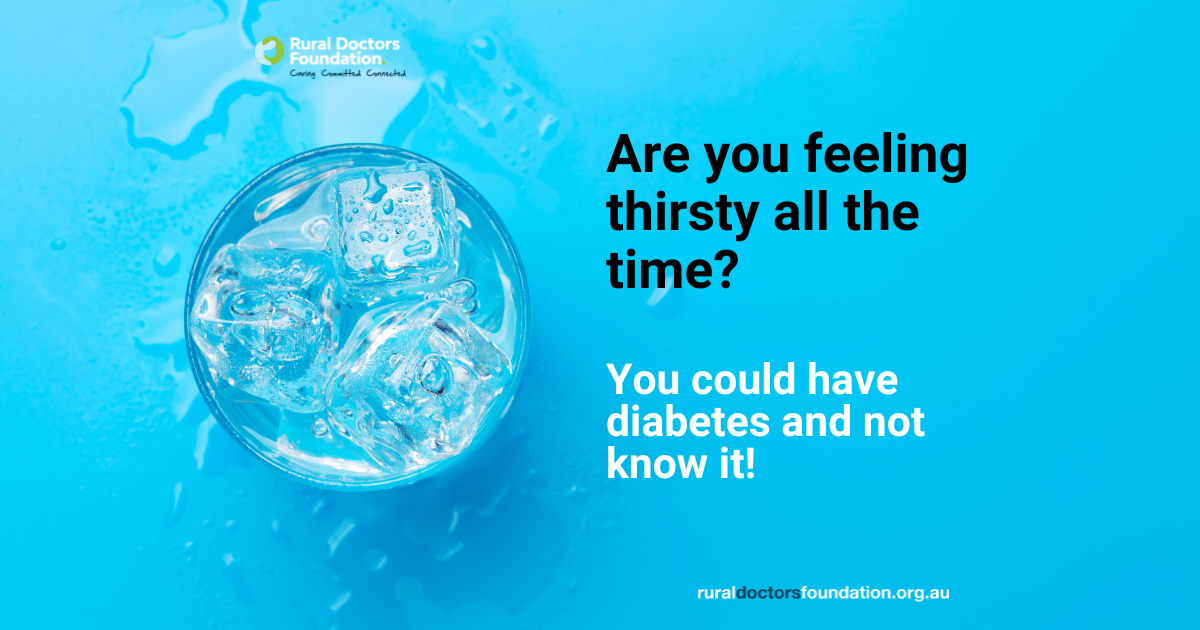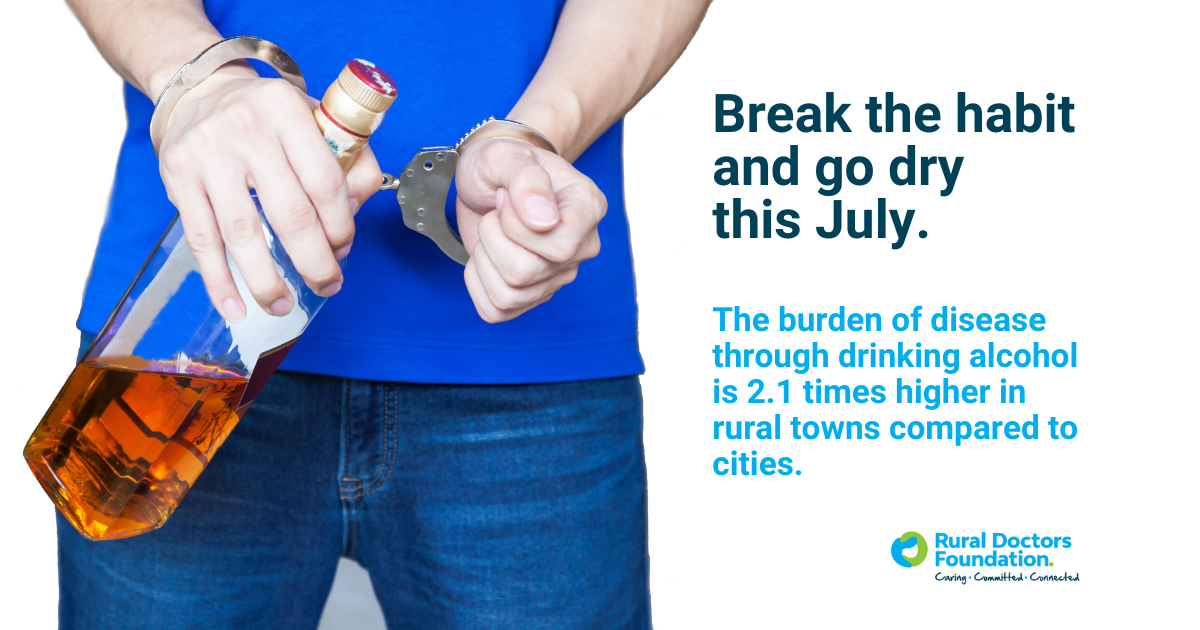Safer Internet Day: Cyberbullying & Mental Health
Dolly Everett is a teenage girl, one who gave a face to a horrifying statistic. In 2018, Australia mourned the loss of this fourteen-year-old girl to suicide. Now, her family campaigns against cyberbullying. They are hoping to create a future where no one will have to face the harassment Dolly did.
Cyberbullying can come in many different forms. It can be the posting of rude comments, spreading of rumours online, and social exclusion. No matter how it presents itself, it is always detrimental to its victims, and often has devastating consequences.
In 2017, studies found that approximately one in five young Australians had experienced cyberbullying. This statistic could be even higher in rural communities. Sadly, with the inexorable rise in the popularity of social media, these numbers are only increasing.
Effects of Cyberbullying
A review conducted by Charisse Nixon found that most young people who had experienced cyberbullying reported depressive moods and anxiety. The Youth Internet Safety Survey suggested that 38% of young victims became emotionally distressed from cyberbullying.
Several studies analysing the correlation between cyberbullying and suicidal behaviour have shown that victims of cyberbullying were 1.9 times more likely to have attempted suicide. This heartbreaking statistic can be eradicated through consistent efforts to educate the youth on healthy online habits and increase support systems.
Maintaining good mental health is crucial for a person’s overall wellbeing.
Cyberbullying in Rural Communities
Cyberbullying can be an issue for any community but for rural communities, the perceived anonymity of cyber bullying has greater impact. Rural and remote communities have closer-knit relationships and so teenagers may find themselves turning to social media to voice their opinions without recognition.
The level of online safety knowledge in rural communities may not be as high as in metropolitan areas. Victims may also be unaware of or unable to access support available.
Rural doctors play a crucial role in rural and remote communities. As medical practitioners, they can be the only professional service providing mental health support in their community.
Rural doctors are aware of attitudes held in the community. They may see signs of behavioural changes in their patients. Rural doctors are able to provide education to their community about acceptance, and provide support to vulnerable population groups.
Rural doctors are also able to promote cyberspace education by making internet safety resources available at clinics. They can also provide resources for patients who may be victims of cyberbullying.
On Safer Internet Day, Rural Doctors Foundation calls everyone to #PlayitFairOnline. This year’s Safer Internet Day aims to bring awareness to the new Online Safety Act 2021. This protects Australians from serious online abuse, including cyberbullying.
If everyone does their part to be respectful online, we can ensure that no one will have to face the damage cyberbullying inflicts. Help keep our rural communities safe.






